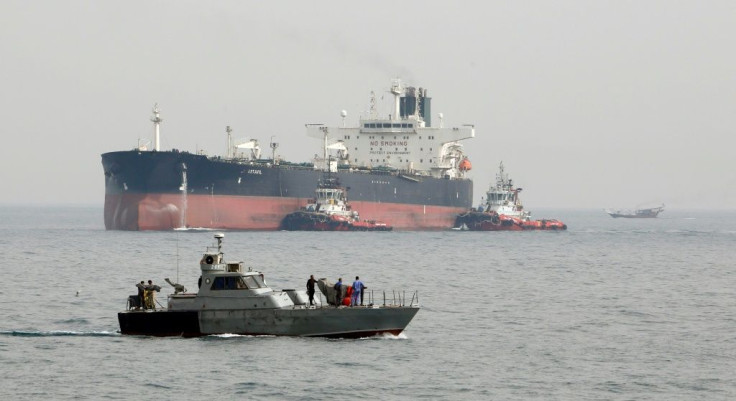Iran On Track To Open New Oil Terminal Outside Gulf

Iran said on Monday that it is on track to create a new oil terminal on the Sea of Oman that would open a new export route for its crude and allow tankers to bypass the strategic Strait of Hormuz.
The National Iranian Oil Company signed a contract worth around $52 million Monday with three local companies to supply 50 pumps for the pipeline project, according to the Iranian oil ministry's Shana website.
The pipeline will run from Bushehr province on the Gulf to Bandar-e-Jask on the Sea of Oman, on the other side of the Strait of Hormuz.
"Construction of the Goreh-Jask pipeline and the crude oil export terminal at Jask Port are among the priority plans," Shana reported.
The approximately 1,000-kilometre (620-mile) pipeline will bring oil from Goreh in Bushehr to Jask, making it "strategically important as the country's second-largest crude oil export terminal," Shana reported.
According to Tehran's official IRNA news agency, Jask will export its first crude within 18 months.
In September 2018, Iranian President Hassan Rouhani announced "a major part" of Iran's exports would be shifted to Jask from the Kharg Island terminal -- deep in the Gulf.
He said the project would be completed by the end of his term in summer 2021.
To reach the oil terminal on Kharg Island, tankers must pass the chokepoint Strait of Hormuz -- through which most Gulf oil passes -- slowing deliveries by several days.
Iran has in the past repeatedly threatened to block the strait -- which is used by its Gulf rivals including Saudi Arabia -- when faced with sanctions on its oil exports and possible military action by the US.
Washington and Tehran came close to armed conflict in June following a military escalation in the Gulf.
Tension has grown since May 2018 when the United States withdrew from a landmark 2015 nuclear deal with Iran and reimposed sanctions aimed at stopping it from exporting oil.
Washington, Riyadh, Berlin, London and Paris blamed Iran for attacks that damaged the Saudi oil sector on September 14.
© Copyright AFP 2024. All rights reserved.




















